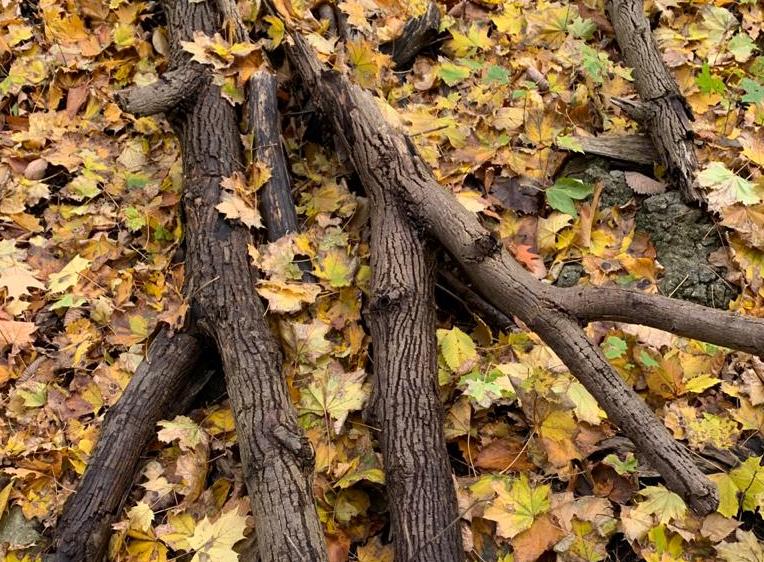By Sanjeev Sridharan

In early March 2023 I was invited to be a guest in the Social Studies classes of Aiea High School (grades 11 and 12) for a “Social Commentary Slam.” The assignment for the students was to speak briefly on a social issue that concerned them. The students had to speak to a problem (and implicitly create a space for solutions) and not just about their problem. They had a choice of doing it individually or as part of a team. There were constraints on the form of the slam: it had to be poem, rap, or ‘hybrid’ — it had to be short (between 1 to 3 minutes).
The accidental guest and the power of the arts

I do not have any strong credentials to comment on such an event, even though I work in the field of evaluations of social and health interventions. I was intrigued by this invitation because I’m interested in the role of storytelling as part of social science/evaluation. I was invited by Dr. Desiree Cremer. I had been on her dissertation committee as part of her Doctorate of Education (EdD) degree at the University of Hawaii. The EdD is fundamentally about developing and nurturing leaders who are committed to social justice. Desiree has had a passion for arts and dance to foster social change. Coming from South Africa, she has many rich stories of how dance has been transformative, both in shaping individual lives and communities; she has a deep belief that dance/arts are critical to creating a society committed to social justice. She runs a fabulous podcast called “What Stirs” and a website called the Cooking Choreographer in which her passions for dance and cooking intersect and a number of issues relating to social justice have surfaced.
Creating spaces for personal storytelling: Social science as stories
The idea of a space in which brief personal storytelling as part of social commentary was encouraged as part of a social science class intrigued me. Considering that youth are sometimes characterized as disinterested and apathetic, the idea of creating a space for engaging these young students and capturing their realities as part of a social commentary was novel for me.
The poet Maya Angelou writes, “There is no greater agony than bearing an untold story inside you.” The French filmmaker Godard writes, “Sometimes reality is too complex. Stories give it form.” I was keen to learn more about the ability of the “social commentary slam” to surface stories, especially of the ‘untold’ kind –and raise important contemporary social issues. The slam also provided an exploration of the poetic medium to give form to complex social realities that the young experience. The topics that were covered were varied: they ranged from bullying to the oppressive powers of expectations to drugs in society.
Some lessons learned
I normally don’t write blogs of visits or events, but this experience left me amazed. I write this to highlight a view of social science/evaluations that celebrates voice, creates spaces for individuals to speak their truth as part of social commentary, provides a space to understand the landscape of critical social issues as defined by the student themselves, and also a space of dialogue without judgement. Students spoke their truths, and there was a sense of community as the variety of topics were covered.
There are three lessons I wish to share.
- It was a lesson in humility about how little we know about the lived experiences of the young. As a parent myself I’m afraid I had not created such spaces for dialogue and interaction. It is hard to create such spaces where individuals (young or otherwise) can speak their truths.
- It was a lesson in the power of language. A focus on rap, poetry and slam created energy in which the form itself enabled a space for insights and personal truths to emerge.
- For me it was also a lesson on how a “social science” needs to seek to create spaces for individual voices. As we try to create a world that is more inclusive and tries to understand different points of view, more of such spaces are needed.
The philosopher Hannah Arendt writes, “Storytelling reveals meaning without committing the error of defining it.” I felt Desiree was successful in creating a space in which her students could share insights on social issues through personal stories without being forced into sterile boxes. I left the class with a sense that there are lessons here for how we approach research and evaluations in understanding how people see the world. A space for exchanging experiences, providing a community of support, the energy of poetic forms, and the constraint of keeping insights brief, all can contribute towards a more meaningful ‘social science.’
Charles Mingus said,
“Making the simple complicated is commonplace; making the complicated simple, awesomely simple, that’s creativity.”
Charles Mingus
The brief commentary slam provided a form and space for complicated truths to be expressed simply, awesomely simply.
